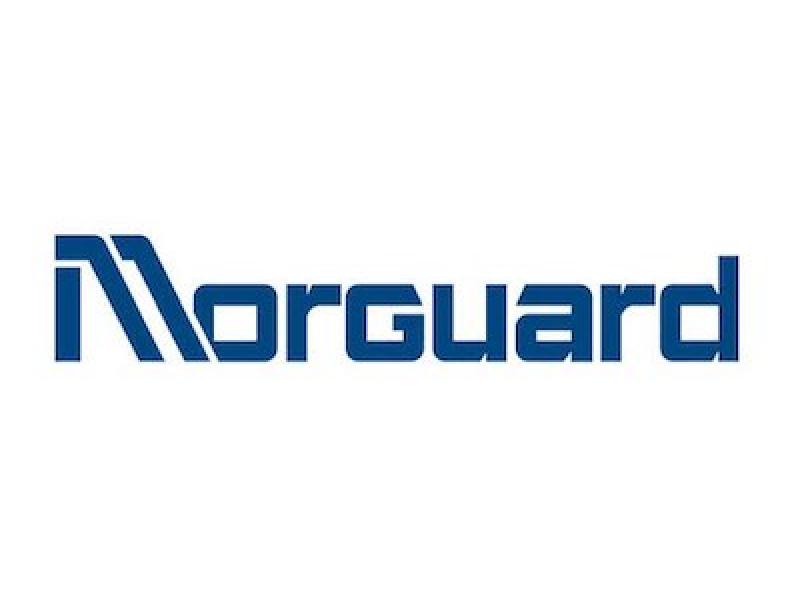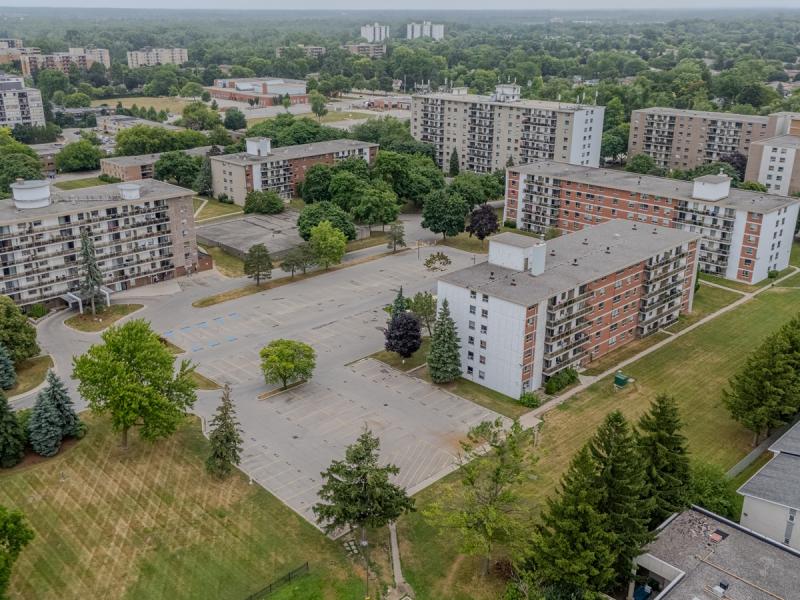
Altus Group CEO Bob Courteau. (Courtesy Altus Group)
Altus Group chief executive officer Bob Courteau opened the June 11 ARGUS Connect virtual event by stressing how the commercial real estate industry has to quickly adapt to a world which has changed very rapidly during 2020.
“Much of the success and growth in portfolio performance over the last number of years has been fueled by the performance in major markets,” said Courteau during his keynote address. “Most of this has been driven by mass urbanization.
“It’s clear that COVID-19 has changed the short-term attractiveness of these urban markets. All of the things that we love about big cities — culture, theatre, restaurants and the importance of jobs that attract people into these markets — have substantially changed in a short time.
“As we imagine going back to work, the idea of dangerous commuting, long elevator waits and many, many other inconveniences and, frankly, the safety associated with that, is overwhelmingly challenging.
“It’s fair to say that with the growing protests in large cities that it is even a more complex time.
“The narrative will have to change and our basic society will be under the microscope . . . also the basic institutions that we’ve come to depend on have to evolve very quickly.”
Toronto-based Altus Group (AIF-T) provides independent advisory services, software and data solutions to the global commercial real estate industry.
It has approximately 2,300 employees and operations in North America, Europe and Asia Pacific.
Property valuations have become more challenging
Courteau said commercial real estate service providers, lenders and investors are facing difficult challenges with property valuations “given the economic times and the highly variable revenue that we’re seeing today.”
According to Courteau, value drivers of the future will include implications involving: travel; retail and hospitality dynamics; understanding personal and corporate work-from-home biases; and thinking about global supply chains.
Effectively dealing with this new reality will involve increased use of technology and focusing on data, new innovators entering the commercial real estate industry, and new industry roles such as data scientists.
“Many portfolio strategies have to be cautious at this time,” said Courteau. “Dry powder and capital are critical and the way forward is complex and will lead to very different ways of managing your business.
“It will include an aggressive understanding of demographics, a strong underlying understanding of current portfolio performance, more focus on modelling and benchmarking, looking at sensitivity analyses, predicting how portfolios need to change for the future and . . . accommodating the new ways that cities are going to build out and how they’re going to look in the future.”
Courteau expects an acceleration of investment in technology and “thinking more and more about how proptech companies, emerging data companies, and organizations like ours and other companies that have developed solutions for a number of years will come together to partner with the industry to create these new norms of innovation to deal with these challenges ahead.”
A digital transformation is needed
Digital transformation will be needed as a catalyst for change to drive property values and keep companies competitive, according to Courteau.
“Fragmented data sources, data duplication and the lack of re-use of data and data-sharing in our industry terribly slow down the ability to get insights.
“Poor integration between applications is also an important challenge that we have to solve.”
Altus Group conducts an annual survey of 400 senior commercial real estate executives around the world and Courteau said the latest showed “data activities required the most effort or the most amount of time in the firm to manage.”
Courteau said commercial real estate companies are spending 45 per cent of their time managing and organizing data and still aren’t accessing important information that can improve workflows and increase understanding of their operations.
“The new threshold around data is about better integration, usability and, most importantly, the interpretation of data to get perspective. This just isn’t static data that’s currently available in your organization.
“This is about a massive amount of data that can be available to you to spot opportunities, look at effectiveness, understand benchmarks and determine portfolio performance.
“It really is about getting to a place like we’ve seen in other industries, where you have good visibility on the underlying performance of your assets and the opportunity to look forward and change the way you can really operate your portfolios and investments around the world.”
ARGUS, ARGUS Connect and Altus
ARGUS is part of Altus Group. It provides commercial real estate software for investment management and development to owners, developers, asset managers, financial institutions, brokerages, real estate investment trusts and service providers.
While the physical ARGUS Connect event was cancelled this year due to COVID-19, its purpose is to bring ARGUS customers and users together for three days of learning, sharing and networking while exploring trends, technology and issues impacting the commercial real estate industry through guest speakers, industry experts and product roadmap reviews.
Next year’s event is scheduled for April 26-28 at Terranea Resort in Los Angeles.







